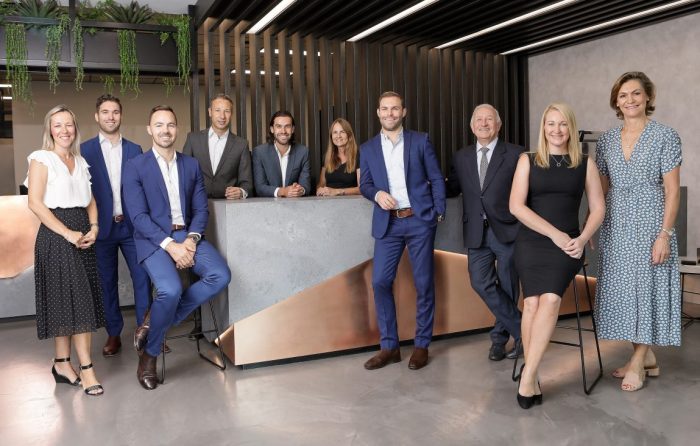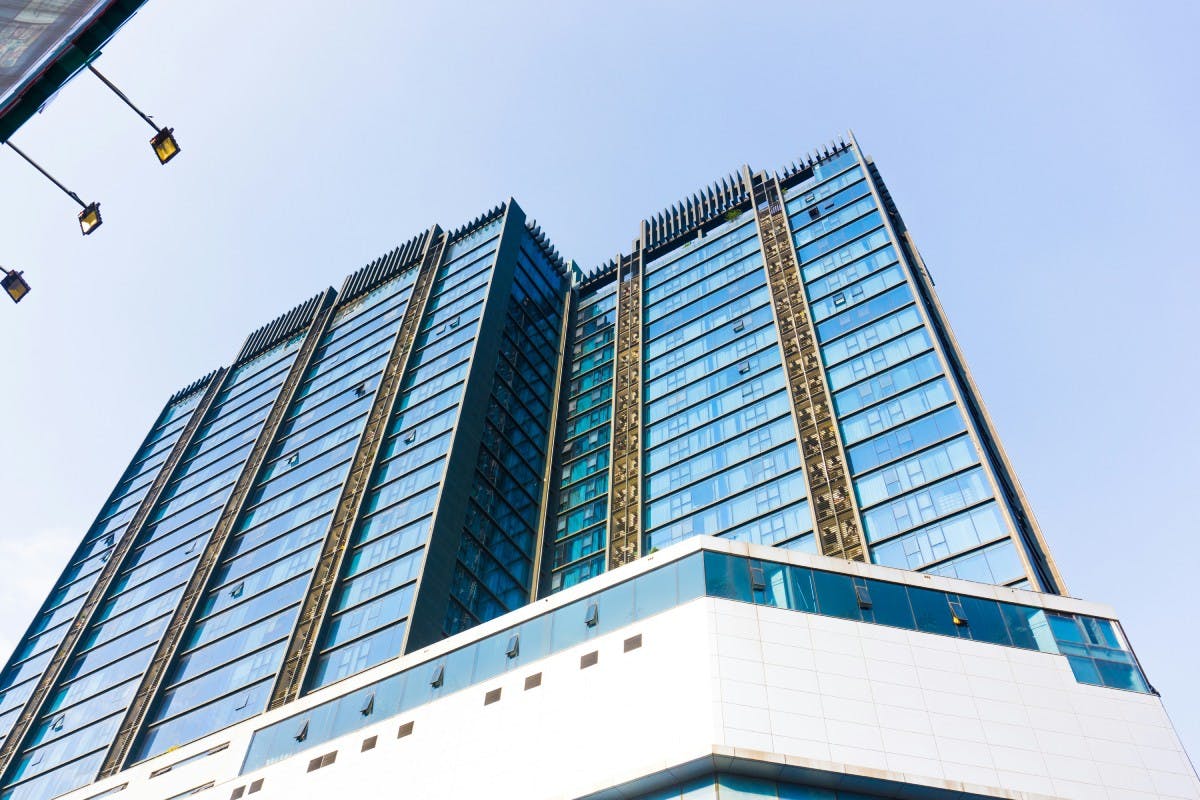Commercial
7 tips for a successful commercial property due diligence
Published
10 August, 2021

A thorough commercial property due diligence might be the difference between a successful long-term investment and a failed commercial real estate investment that haunts you for years.
It’s what trips up many investors who have scanned the property’s credentials without getting up close to the property, inspecting the minutiae. These investors don’t put a microscope over every detail, they don’t question the vendor’s word that the asset is in “mint” condition, and they most certainly don’t talk one-on-one with their potential new tenants about their niggles with the property.
Surprise, surprise, commercial property investment isn’t as easy as you first thought (well, unless you invest in an unlisted property trust). But if you know what to look for during the due diligence phase of your ideal property investment, you’ll be bathing in comfort come settlement – and for many years after.
While this post won’t cover everything you need to know about conducting a top-shelf commercial property due diligence, it will be a great starting point. Here are 7 tips for a successful commercial property due diligence:
- Investigate the obvious
- Conduct an in-person due diligence
- Talk to the tenants
- Get an independent Building Engineering Report
- Understand Risk vs Reward
- Use your findings in your re-negotiations
- Be prepared to walk
What is a due diligence?
Commonly abbreviated to DD, a due diligence is a professional assessment of a property’s physical and non-physical characteristics. It provides you with the final answer to the ultimate question: Should I or should I not buy this property?
The physical characteristics of a commercial property is the building itself, along with the land and environment it occupies, and even the plant and equipment it may come with.
If you’re purchasing an industrial property with specialised automated machinery, you’ll want to ensure that all parts are working accordingly, its economic life has many years to run, and perhaps it is still under warranty. Otherwise, you could see a severe drop in property value should that piece of equipment break down or it be at the end of its lifespan.
Non-physical characteristics of a property refers to the documentation that comes with buying such a large asset. It will include reviewing the:
- Building Engineering Report
- Certificate of Title
- Restrictions on sale
- Restrictions on lease
- Tenancy schedule
- Existing lease agreement review
- GST position in leases
- Current zoning and use
- Rates and tax adjustments
- Current and required insurances
- Contacting ASIC, PPSR and search registries
The due diligence phase is a critical component of the commercial property buying process. It cannot be rushed.
Here are 7 expert tips on how to conduct a thorough commercial property due diligence for your own commercial property investment:
1. Investigate the obvious
Does the tenancy schedule match up to the occupants you can currently see in the premises? What covenants are outlined in the lease agreements? Have you confirmed the advertised WALE matches the WALE on the tenancy schedule?
The due diligence phase is your time to be fussy. No issue or aspect of your property purchase is too small to be considered. Account for every brick and every dollar going in and out of your investment before you actually own it.
2. Conduct an in-person due diligence

You may have driven past the property or already had a walkthrough with the vendor. Now that you’re a serious buyer, head back to the asset and investigate in the flesh.
It will give you a chance to re-assess the factors which potentially motivated you to put an offer on the property in the first place.
You may find pros and cons along the way, perhaps seeing how well a pylon sign advertises your retail tenants to the cars driving past or how poorly it does (and how much it will cost to replace it).
3. Talk to the tenants

This is a huge one.
An old-fashioned yarn with the occupants – the businesses who will be providing you with an income – can shed light on any concealed blemishes of the property. How? Because tenants will jump at an opportunity to tell someone their gripes.
Carpets may need replacing and the existing landlord may have said for years they’ll get around to it. But never have. Their neighbouring tenant may have said they’re vacating soon and taking a whole lot of foot traffic with them to another location. These are insights you’ll never discover on the Information Memorandum or brochure.
Talking to your tenants will also build your relationship with them right off the bat, instead of taking years to do so. A new landlord who’s actually interested in what the tenant has to say? That can go a long way in the tenant-landlord partnership and might even see a tenant stick around for an extra lease term or two.
4. Get an independent Building Engineering Report
The property may look pretty on the outside. But don’t be fooled. Looking deeper into the aesthetics of the asset may reveal an ugly side that you could be stuck with for years.
A building engineering report conducted by a renowned independent consultant will uncover any uglies of your commercial property investment.
The report will look at the economic life of the plant and equipment inside your premises. It will outline the likely maintenance required on the property, and any maintenance items the vendor has deferred.
If a significant amount of capital expenditure (capex) is required to get the property in good operational condition, it may impact your ability to generate a lease income going forward.
5. Understand Risk vs Reward

Sometimes a property may show a problem or an ugly aspect that will require work or capital expenditure on your part. You might hear us property folk might say, “There’s a hair on it”.
There might be maintenance on the property that must be completed in the short-term. This may be a risk to you and your cash flow.
However, if you understand that risk and know how to account for it in your cash flow forecasting, it might not be that big of a risk after all.
For example, you might find the lift in your office property investment – a significant detail in the proper functioning of an office asset – is in need of replacing. It might be, say, a $200,000 exercise. That’s enough to make many investors run.
But if your reserve fund caters to that sort of capital expenditure, and you know the property will yield excellent results and attract high-quality tenants for years to come, then this may not be a significant outlay for you. Weighing up risk versus reward, you might see the rewards win out.
That’s why it’s important to understand your capacity for risk.
6. Use your findings in your re-negotiations
You may accept the faults you’ve found in your property. And you might – if you’re willing – use them to your advantage.
If your DD shows up blemishes on the property, consider taking your findings back to the vendor. You may negotiate a purchase price far lower than your original accepted offer. Ensure, however, that understand the risks of proceeding with a property purchase that may need future work. For us, we love getting our hands dirty and adding value on an undervalued property. Others may not share the same excitement.
7. Be prepared to walk
Above all, if an investment opportunity doesn’t meet your strict commercial due diligence criteria, don’t be afraid to walk away at the eleventh hour.
We have spent thousands of dollars on due diligence investigations only to withdraw our offer and look elsewhere. We’ve even filled entire unit trusts with investor capital only to return their money (or accept their funds in another investment) because we found the property just wasn’t up to scratch.
Being willing to walk from an investment you once thought was perfect, is not a shameful thing to do. In fact, it is the sign of a smart, practical, and sophisticated investor.
Do I need to conduct my own due diligence?
A property management team can help you with your due diligence investigations if you’re not up to the task yourself. But while their intentions may be good, not every asset management company will have the same investment in your due diligence findings as a party who is actually invested in your commercial property.
Investing alongside a commercial property syndicator or an unlisted property trust means your due diligence is taken care of for you, by experts who have an interest in the same investment.
Want to know the benefits of investing in an unlisted property trust?
If you’re interested in learning more about investing in a property syndicate or unlisted property trust, you’ll find plenty of benefits. Take a look for yourself.

For information on how to partake in a high-quality commercial property investment in a property syndicate, get in touch with Properties & Pathways. We invest alongside our investors in exclusive commercial property investment opportunities, and conduct industry-leading due diligence on each and every property.
Not ready to invest? Sign up to receive our investment updates for smarter commercial property investing in 2021.




